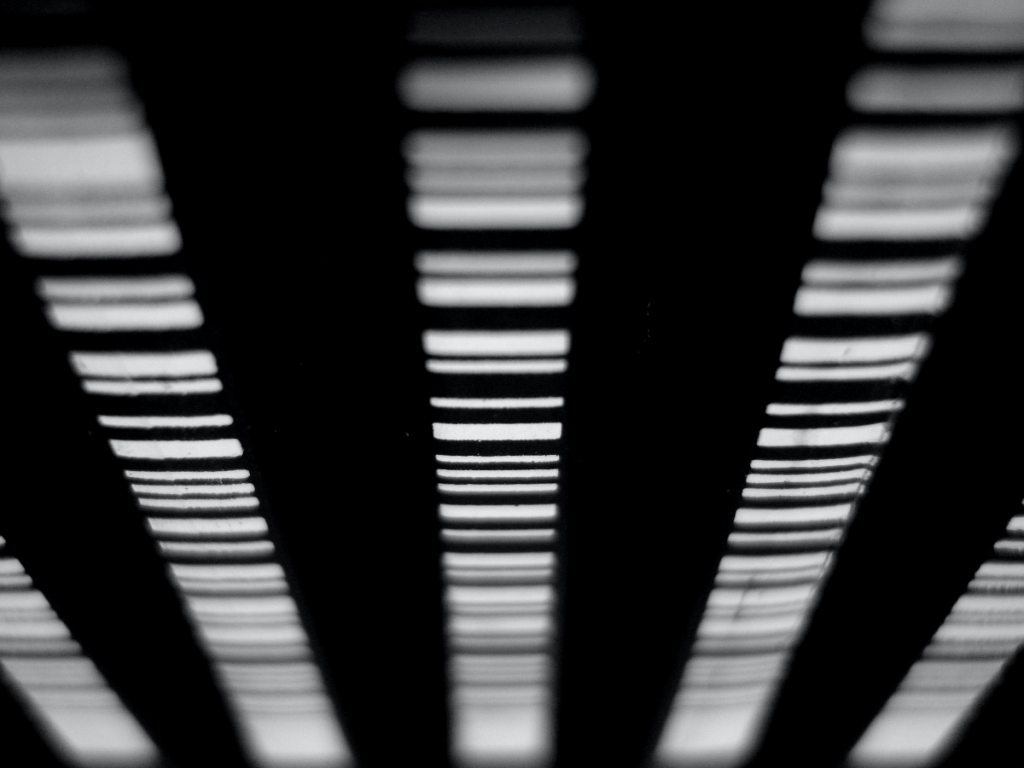Do we need barcodes? ISBN’s? Digital identity?
Not so long ago, identity papers were literally made of paper, not plastic much less 1’s and 0’s in cyberspace. There were no barcodes to scan, and cashiers simply punched in numbers on cash registers to record the price of purchases. Tellers wrote up withdrawal and deposit vouchers. Sales personnel wrote receipts. File clerks kept written lists and folders full of paper. Bookkeepers and accountants used buckram-bound ledgers. And librarians wrote the names of books and their authors on cards held in alphabetical order in a large chest of small drawers, where anyone could look them up.
Is the digital world easier, more convenient, as it is promoted?
Those who are frustrated when cashiers’ efforts to scan products into their machine fail have had to wait for a manager or other employee to go check the price so that it can be entered manually. Anyone who has been repeatedly stymied at the self-checkout would as soon toss the machine out the nearest window. Banks have been completely shut down by power shortages and by hackers. Mistakes are as easy to make in a computerized accounting system as in a written one, and computerized files can be falsified or disappeared by those of criminal intent.
Then, there’s the matter of privacy―and its lack in a totally digital society. Everything becomes dependent on stable electricity supplies, which are increasingly threatened by outages, rising costs, and criminals. But what disturbs many the most is that when everything is computerized, those who control the computer systems literally control the lives of everyone connected to the “grid.”
Digital systems and their numbering practices serve a control mentality more than they serve the convenience of the workers of this world, much less the public in general. Could we do without them? Certainly. Would going back to former methods be difficult? Perhaps not as much as most assume, though the need for paper would certainly increase, necessitating a more sustainable supply of fast-growing fiber plants required to make it. But that would give farmers a new market.
In the end, we as societies and peoples need to recognize the difference between the appearance of convenience promoted by fast-talking hardware and software salesmen (and women) and the reality of the inconveniences of a digital world. And perhaps we need to take a closer look at our money and exchange systems, as well.
What is your pet peeve in the digital age?
[Photo courtesy of D Pl of unsplash.com]



